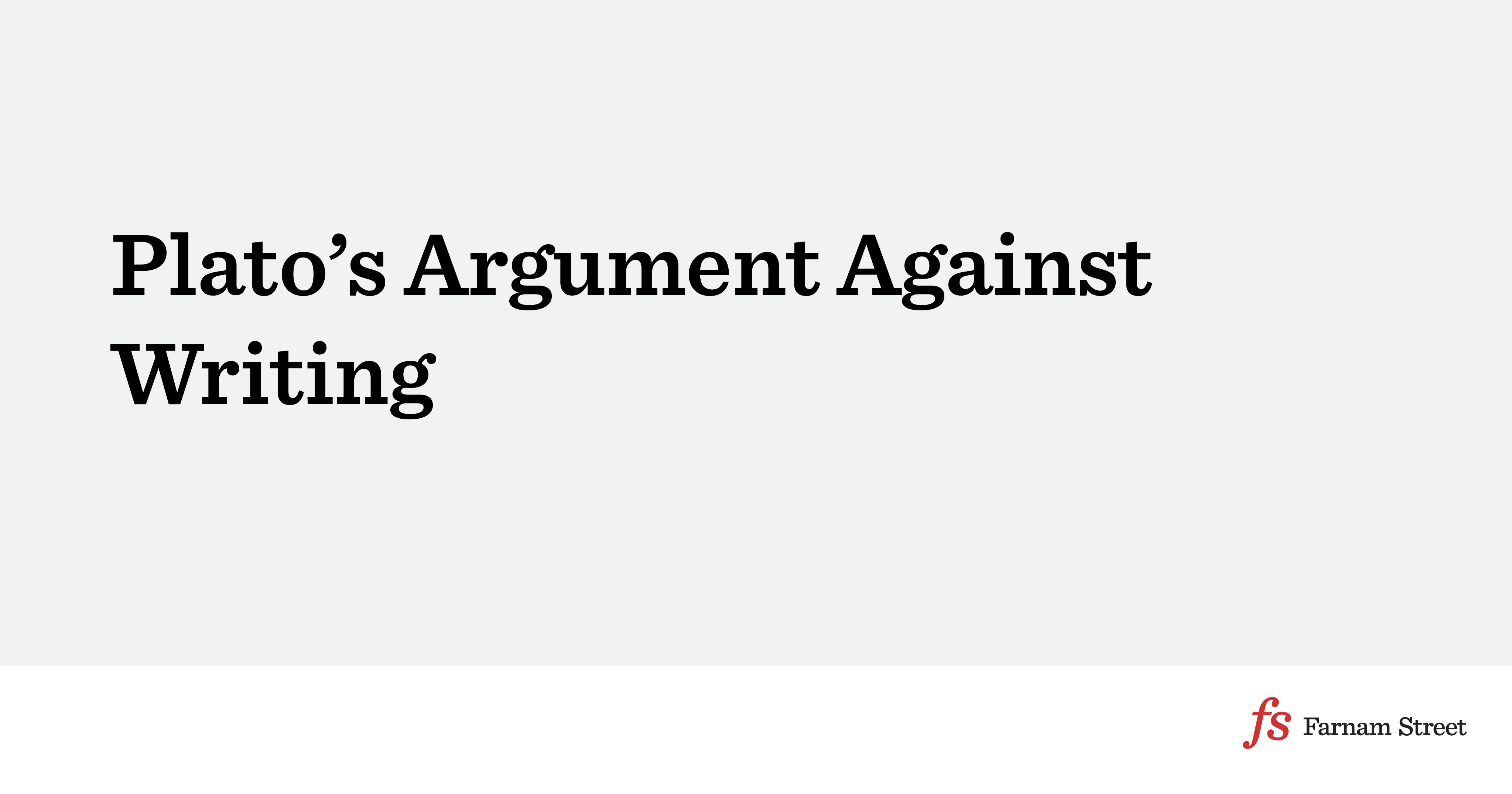I had always been under the impression that the Father was the creator
Yes I agree.
John 17:5 Jesus words in prayer with his Father says:
glorify thou me with thine own self with the glory which I had with thee before the world was. Note: All these scriptures agree that Jesus was with The God before the world was and through Jesus: at John 1:2-3 This one was with
The God in the beginning, 3 Everything, by his hand, was made,Without him, not a single thing was made.
John 5:19
Then Jesus answered and said to them, “Most assuredly,
I say to you, the Son can do nothing of Himself, but what He sees the Father do; for whatever He does, the Son also does in like manner.
New King James Version
John 14:10
Do you not believe that I
am in the Father, and the Father is in Me? The words that I speak to you, I do not speak from Myself; but the Father dwelling in Me does His works.
Berean Literal Bible
Genesis 1:26
Then God said, “
Let us make mankind in our image,...
John 17:5
And now, Father,
glorify thou me with thine own self with the glory which I had with thee before the world was. American Standard Version
John 1:1 " In a beginning was the Word, and
the Word was with the God, and a god was the Word. 2 This was
in a beginning with the God. 3
All through it was done; and without it was done not even one, that has been done.
Diaglott "Emphatic Diaglott New Testament 1864
A free modern translation of the Bible from the Greek Septuagint, and Greek and Aramaic Christian manuscripts.

2001translation.org
1 In the beginning, there was the
Word,The Word was with
The God [Greek:
ton theon],And
[a] god [Greek:
theos] was the Word.2 This one was with
The God in the beginning, 3 Everything, by his hand, was made,Without him, not a single thing was made.
John 8:58
NSB(i) 58 Jesus said: »I tell you the truth, I existed before Abraham was born!« (Ex 3:14, 15)
Colossians 1:15
He who is the image of The Unseen God and is The Firstborn of all creation. Aramaic Bible in Plain English
Colossians 1:15
NSB(i) 15 He is the image (likeness) (representation) of the invisible God. He is the firstborn (Greek: prototokos: childbirth, offspring) of all creation.


